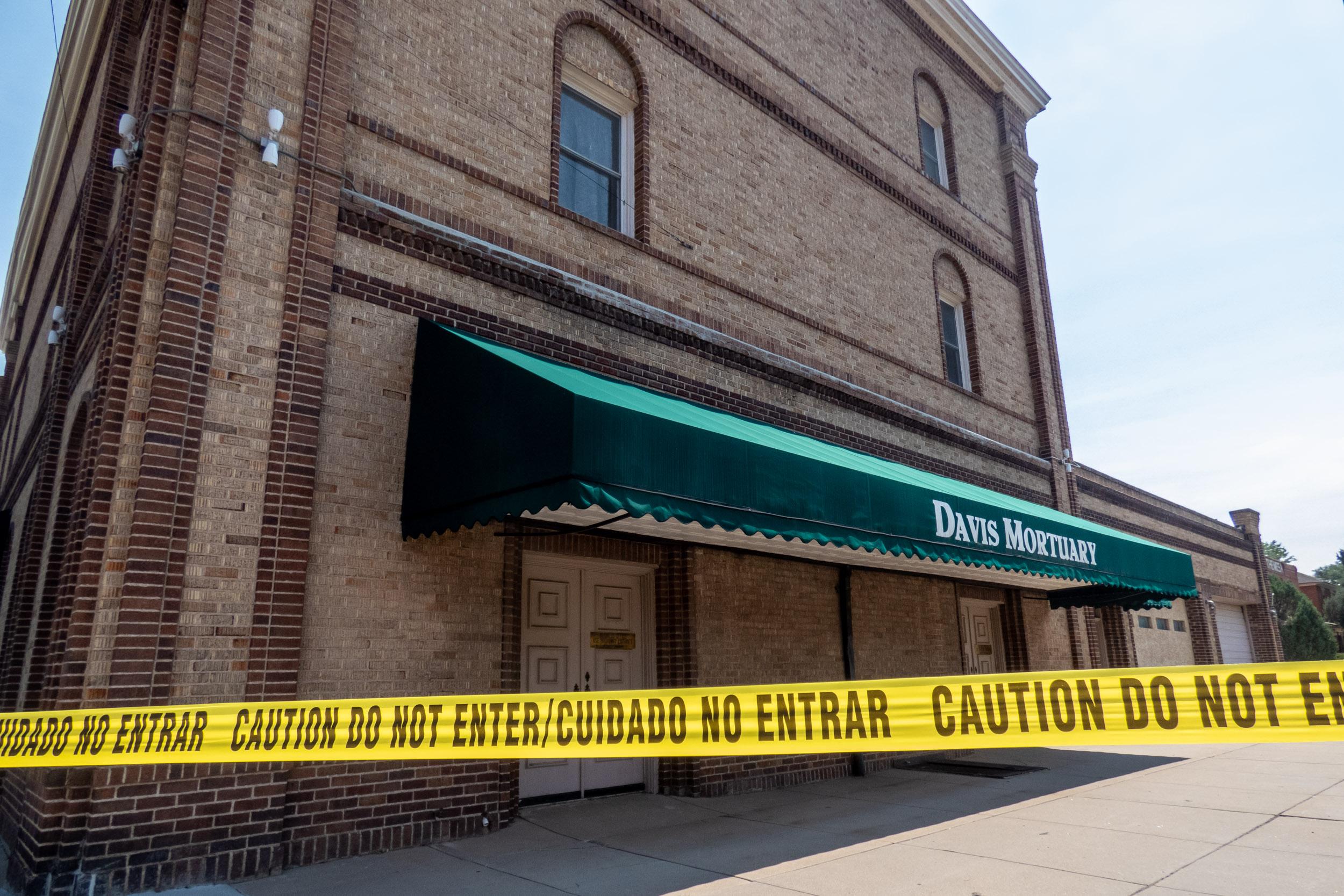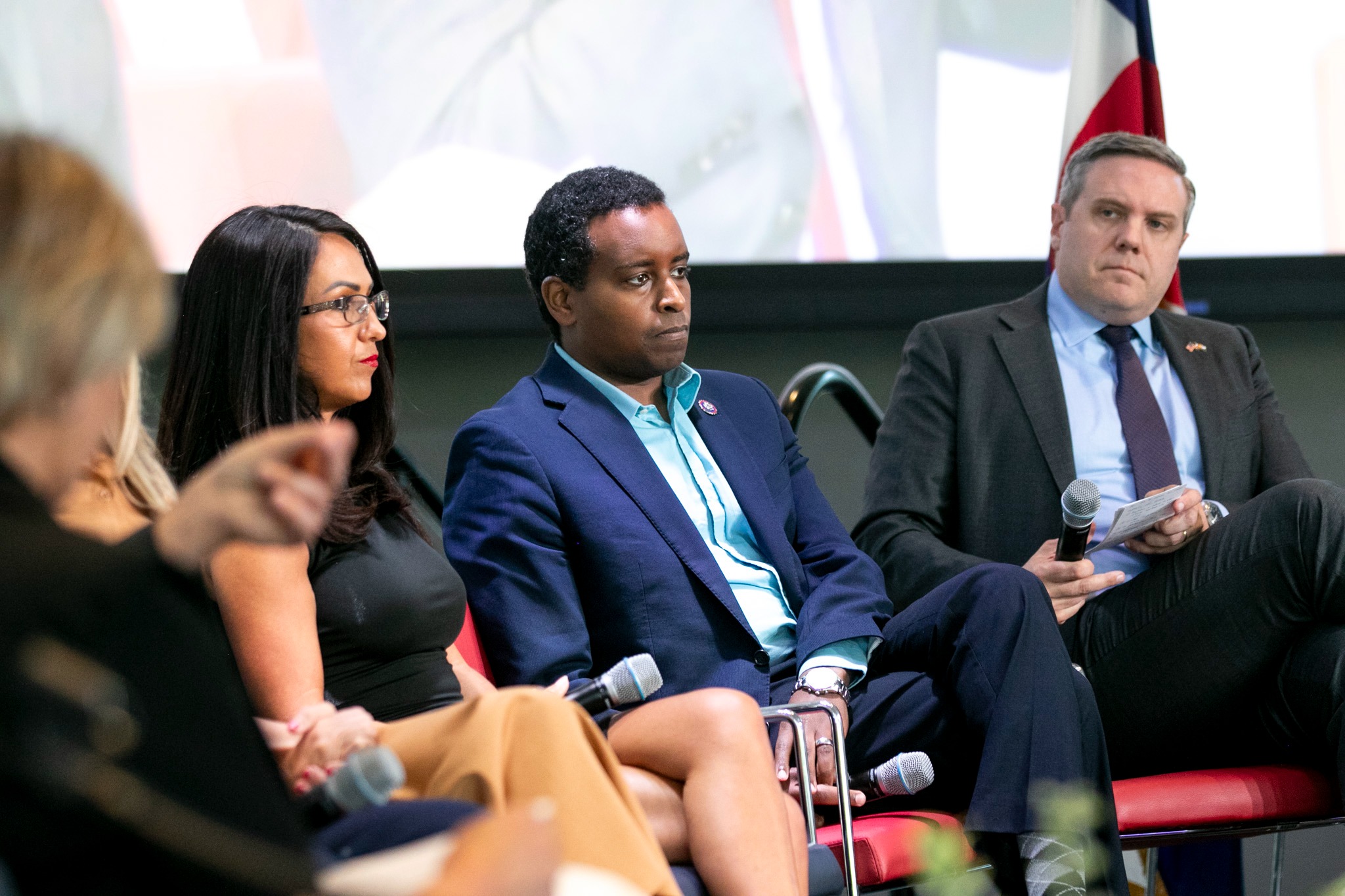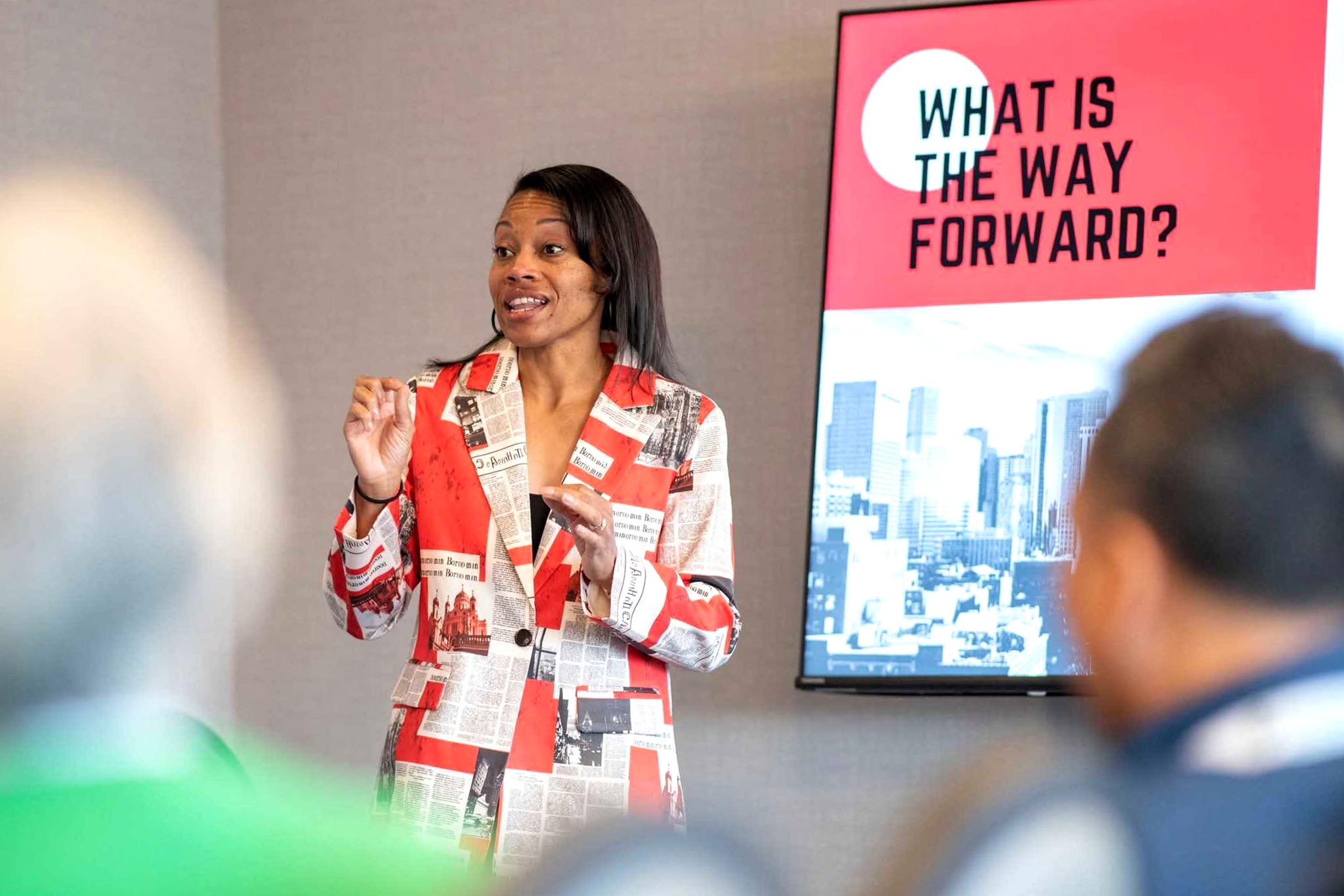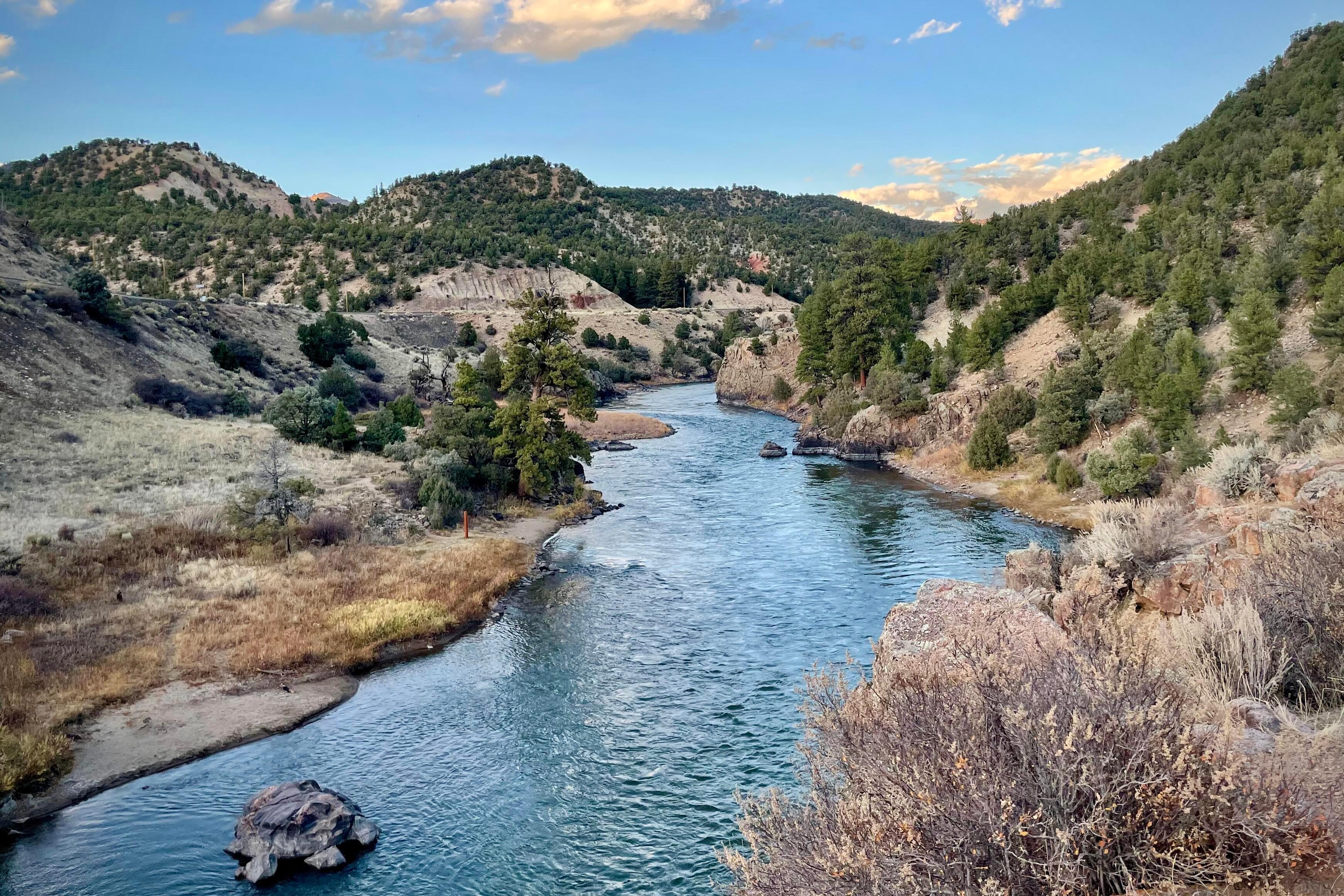
Updated at 4:21 p.m. on Monday, Aug. 25, 2025.
Following another case of mismanagement of human remains in Colorado, the state is grappling with flaws in its funeral industry.
In Pueblo, a recent inspection led to the discovery of several decomposing bodies improperly stored at Davis Mortuary. The Colorado Bureau of Investigation said Monday that there are more than the originally estimated 20 bodies recovered in the facility. The agency reemphasized that it could be some time before they can identify the remains.
Pueblo County Coroner Brian Cotter co-owns the private funeral home with his brother. On Saturday, 14 elected officials in Pueblo called on Cotter to resign after Gov. Jared Polis did the same.
It was the first inspection or surprise audit for Davis Mortuary under the new funeral home oversight laws. The discovery highlights the state’s previously lax regulatory system. Up until those bills were passed last year, Colorado had been the only state in the country that did not regulate funeral home directors.
Some remains found this month at Davis Mortuary are thought to have been stored for as long as 15 years, allegedly awaiting cremation. Cotter may have given families fake ashes while the bodies were being stored, though the details of the bodies’ identifications and reasons behind their storage are still being investigated. Authorities believe the investigation could take months.
The Colorado Coroners Association removed Cotter from its board following the discovery, calling his practices unethical.
“The Colorado Coroner’s Association is an educational association and does not have the oversight of an elected or appointed coroner in the state of Colorado,” said President Raeann Brown in a statement.
“All coroners in the state of Colorado, whether elected or appointed, are held to the same standard of ethics, including the operation of a private business. In violation of the ethical standards aforementioned and in solidarity with those affected by Davis Mortuary's egregious act, the Colorado Coroners Association Executive Board of Directors calls on Mr. Brian Cotter to resign his position as Pueblo County Coroner-elect.”
Gov. Polis' own demand for Cotter’s immediate resignation cited a breach of public trust. However, as an elected official, Cotter cannot be removed by the governor or any other elected official. His removal can only happen through a recall by voters.
Meanwhile, the Colorado Bureau of Investigation is conducting a criminal investigation into Cotter’s practices. Neither Cotter nor his brother has been arrested at this time, but authorities do not believe they are flight risks. The Fremont and El Paso county coroners' offices have stepped in to assist Pueblo County with the investigation.
While shocking, the mistreatment of corpses in Colorado isn't an isolated incident. In 2023, nearly 200 decomposing bodies were found at the Return to Nature Funeral Home in Penrose, about 30 miles from Pueblo. A Colorado judge on Friday rejected a plea agreement in that case.
That same year, the owner of a funeral home in Trinidad called for a state investigation into the Las Animas County coroner, who had been improperly burying bodies.
These scandals helped expose a system with little oversight — no routine inspections or operational qualifications — that’s led to longstanding abuses. They eventually became the launching pad for the state’s new regulations.
Notably, Cotter testified in both House and Senate committee hearings as the coroner oversight bill hit the docket, advocating for higher standards in the industry. “There's no opposition to this at all,” he told state lawmakers during his testimony. He added, “We're satisfied with where the bill sits now.”
Prior to the new regulations, there were little to no requirements to be elected coroner in Colorado. It was the state’s first meaningful attempt to modernize the coroner system in nearly 150 years. Now, those holding the position in counties with populations greater than 150,000 must be a certified death investigator or a forensic pathologist. Cotter himself holds a death investigator certification.
Outside of funeral home scandals, the way coroner determinations are made is now also coming under scrutiny. That’s in part due to conflicts of interest in which coroners also own private funeral homes. The only way to change the position from one that’s elected to one that’s appointed is through constitutional amendment.
Matt Whaley, president of the Colorado Funeral Doctors Association, said he wants to believe cases like Cotter’s are the exception and not the rule.
“I know there's a lot of providers out there that are just saddened by the story out of Pueblo in the sense that he, too, was their coroner,” Whaley told CPR News. “It's a pretty big disappointment.”
Whaley encourages families to ensure they choose a reputable funeral home as the state continues to perform such audits. The Department of Regulatory Agencies has information online related to any pending investigations.
“What we really want to make sure the consumer understands is that when they call these funeral providers and get a general price list — if the price seems too good to be true, it probably is and to ask more questions,” he said.
In the meantime, Whaley said the state should also look into how to prevent conflicts of interest in rural areas, where the only qualified professional may already be running the local mortuary.
“In rural America, I know it can be difficult to find these individuals. So your local mortuary professional funeral home steps up and becomes that person,” he said.
As it stands, the only regulatory body capable of making changes to laws surrounding conflicts of interest in the industry is the legislature. Alternatively, a voter initiative could also make changes to oversight and regulation, preventing coroners from having finances tied up in private funeral homes.
Editor's note: Investigators believe there might be more bodies than originally suspected. This article has been updated to reflect that.









